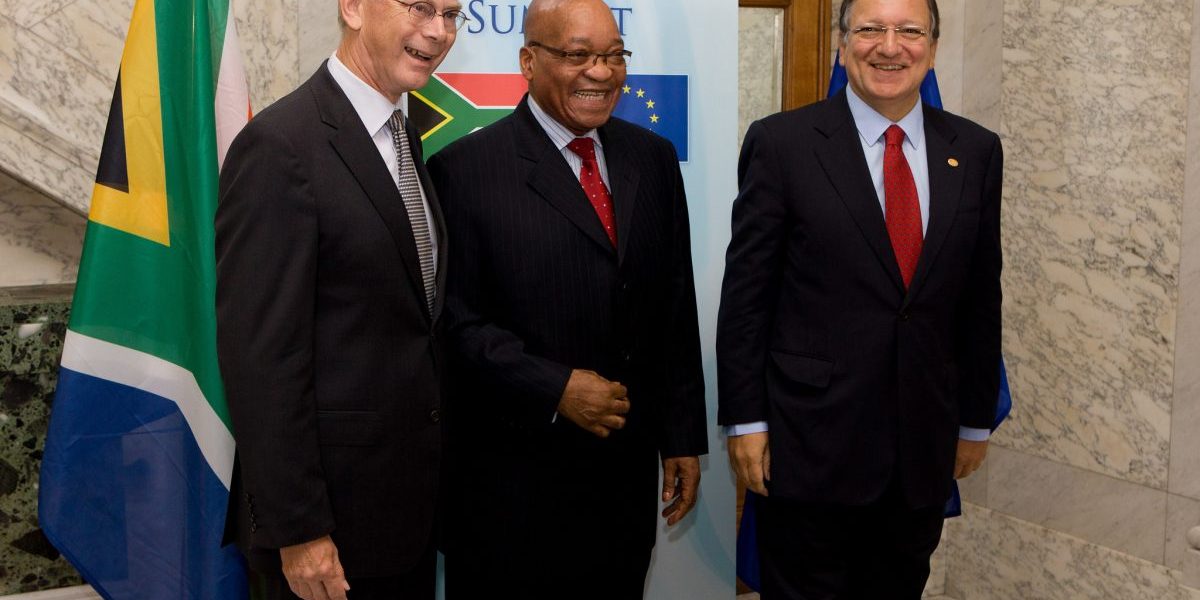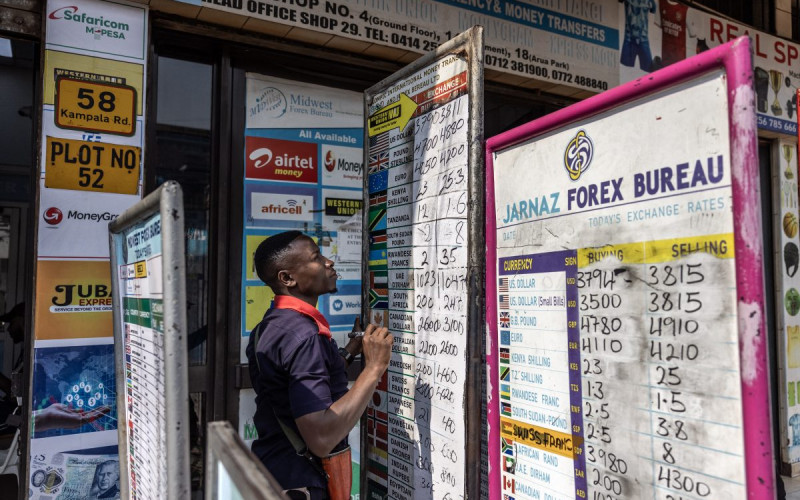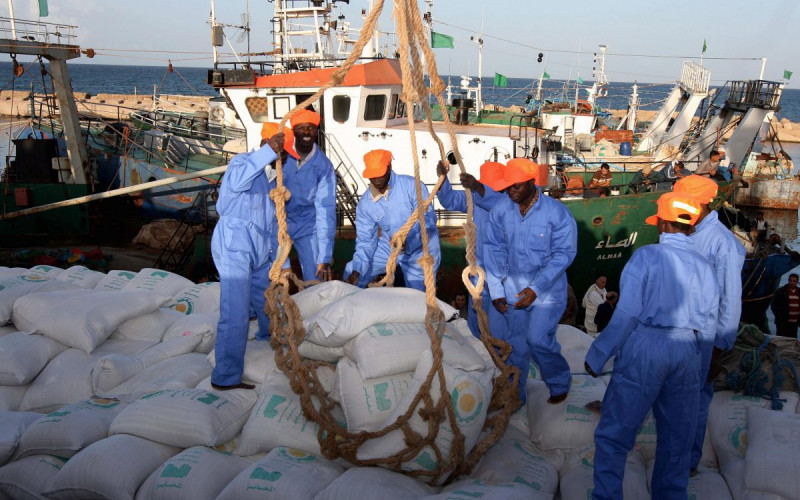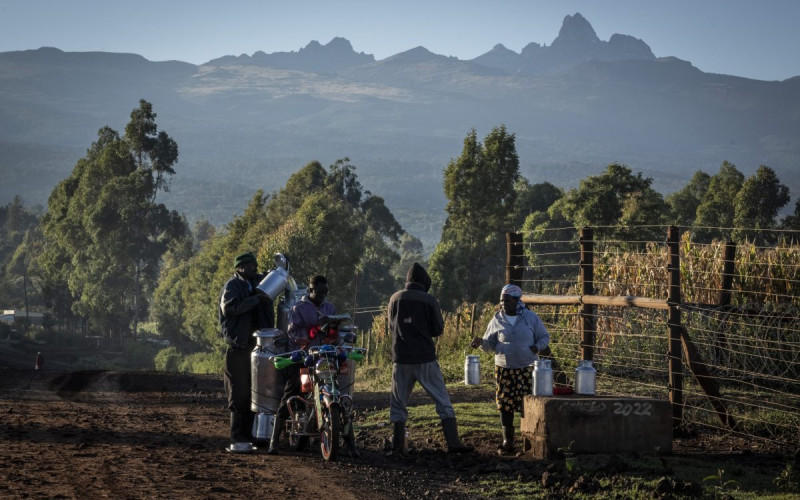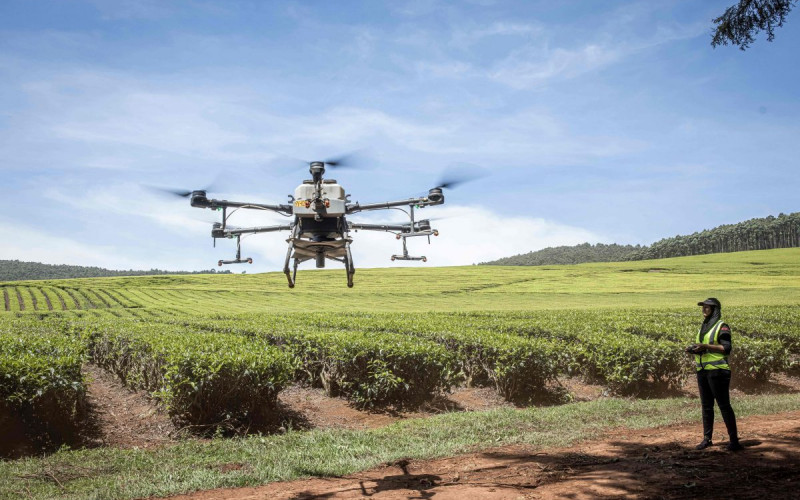Trade policy and trade performance are important elements in the region’s growth and development strategies, but the future is becoming ever more uncertain. This is partly because regional trade policy is now almost entirely dictated by often-erratic trade negotiations processes: there is no clear unilateral thrust. Most agree that external influences in the form of economic partnership agreement (EPA) negotiations with the EU and the World Trade Organisation’s floundering Doha Round have the potential to significantly alter the region’s trade policy landscape, but few are willing to predict precisely how.
Given South Africa’s importance to its immediate sub region and the broader SADC region, it is incumbent upon all interested parties to better understand South Africa’s shifting priorities and future policy thrusts, and what implications these might have for countries in the region. This book admirably delivers such insights in the trade policy field. Beginning with an authoritative overview of the political economy of trade and investment policy reform in developing countries since the 1980s, the book then delves into the South African experience post-1994, after which it analyses the potential implications for South Africa’s customs union partners (Botswana, Lesotho, Namibia and Swaziland) of South Africa’s trade and industrial policy choices.
The book’s analysis of South Africa’s contemporary debates over whether or not the country can or should attempt to become a ‘stronger’ developmental state are of particular interest, as the ruling African National Congress remains committed to such a path, however ill defined. The book also provides a fascinating overview of South Africa’s trade policy reform experience of the late 1990s, identifying the drivers of the process, the reforms undertaken and the consequent real economy impacts. It argues strongly in favour of a return to focusing on greater unilateral trade policy reform in future, especially given the impotence of trade negotiations. Whether or not this will come about and what it might portend for the region remains extremely difficult to determine. The region requires the leadership of a South African economy committed to openness and increased trade. But can South Africa fulfil such a role over the next five years?
Contents
Chapter 1: Introduction
Chapter 2: The Political Economy of Trade Liberalisation in Developing Countries: What Lessons for the 21st Century? by Razeen Sally
Chapter 3: The Developmental State Debate in South Africa by Mzukisi Qobo
Chapter 4: South Africa’s Trade Policy Reforms: Unfinished Business? by Philip Alves and Lawrence Edwards
Chapter 5: The Regional Implications of South African Trade and Industrial Policy Reforms by Ron Sandrey
Chapter 6: Conclusion: Southern African Trade Policy to 2014 by Philip Alves
EAN/ISBN-13: 978-1-920196-20-2
Format: Trade paperback
Size: 135mm x 155mm
For all media enquiries, review copies, or interview requests please contact:
Oageng Tsatsi
011 628 3210
oageng@jacana.co.za
For sales enquiries contact:
Nteseng Thoane
011 628 3222
nteseng@jacana.co.za

